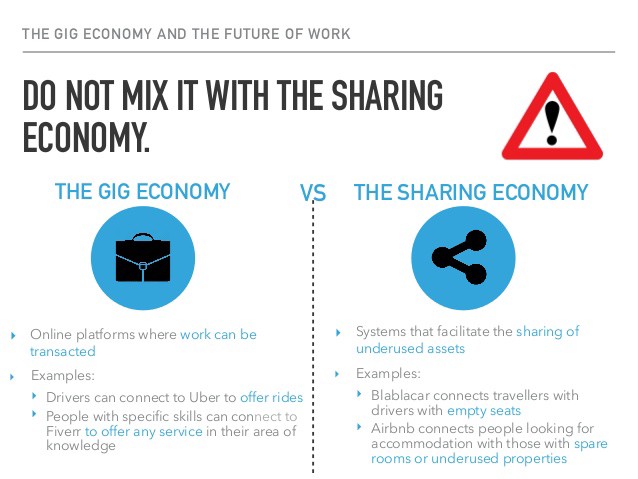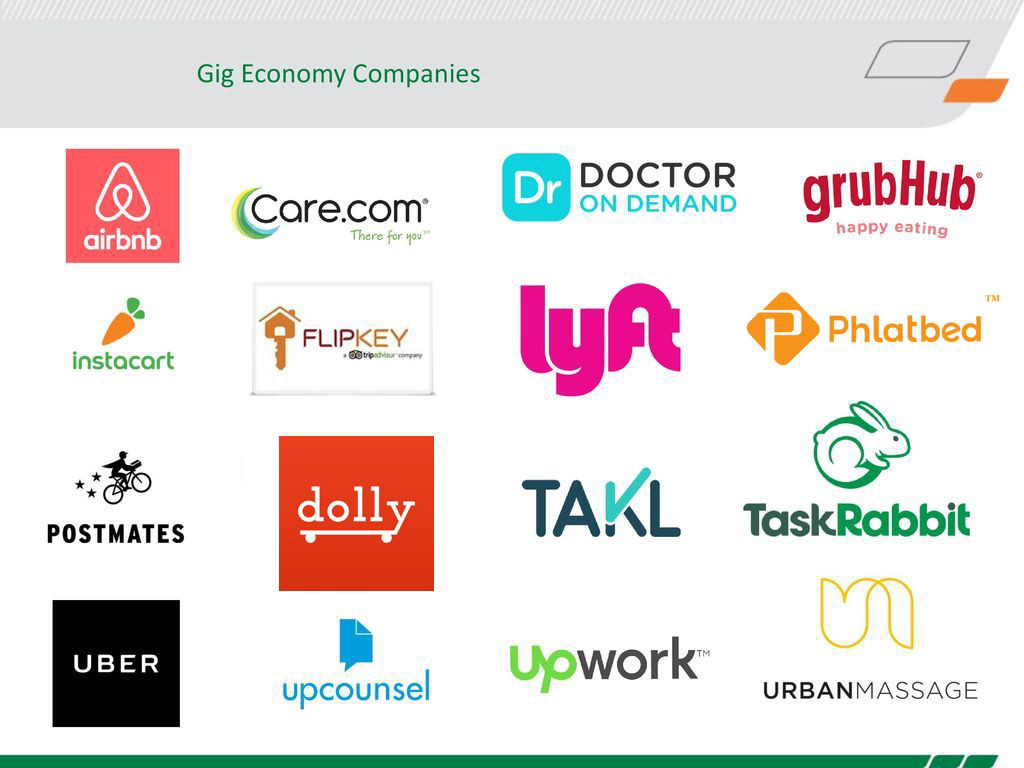The shift from institutional trust to peer to peer trust is increasingly driving economic change, and its collaborative ecosystems.
Platforms such as online learning community Skillshare, peer to peer moving like Dolly, Phlatbed, Uber, Lyft, are already creating waves across their respective industries. Thereby disrupting traditional services and how they are delivered, specifically the pricing models.In the accommodation sector for example, the collaborative consumption model ensures a trust based system of delivery whereby your reputation and feedback from living breathing customers determine how much or little business you get. Whereas the traditional model consisted of a set pricing structure that you are simply supposed to accept as a consumer, regardless of how positive or negative feedback you have on the company.

This tectonic shift is also finding its way into every facet of life. From education, housing, transportation, and now increasingly into government. Since millennials will comprise 40% of the electorate by 2020……we have interesting times ahead. Perhaps the revenge of the nerds is more a revenge of consumers. Simple concepts like idle capital, collaborative consumption, sharing economy, peer to peer business models, and a trust driven economy increasingly appear in our business lexicon….for good reason.
This active transparency, its accessibility and real-time feedback mechanism makes collaborative platforms a very attractive alternative to traditional command and control business models to delivering traditional services. It has been evident in the exponential adoption of the sharing economy across the globe. So next time you’re i…
The shift from institutional trust to peer to peer trust is increasingly driving economic change, and its collaborative ecosystems.
Platforms such as online learning community Skillshare, peer to peer moving like Dolly, Phlatbed, Uber, Lyft, are already creating waves across their respective industries. Thereby disrupting traditional services and how they are delivered, specifically the pricing models.In the accommodation sector for example, the collaborative consumption model ensures a trust based system of delivery whereby your reputation and feedback from living breathing customers determine how much or little business you get. Whereas the traditional model consisted of a set pricing structure that you are simply supposed to accept as a consumer, regardless of how positive or negative feedback you have on the company.

This tectonic shift is also finding its way into every facet of life. From education, housing, transportation, and now increasingly into government. Since millennials will comprise 40% of the electorate by 2020……we have interesting times ahead. Perhaps the revenge of the nerds is more a revenge of consumers. Simple concepts like idle capital, collaborative consumption, sharing economy, peer to peer business models, and a trust driven economy increasingly appear in our business lexicon….for good reason.
This active transparency, its accessibility and real-time feedback mechanism makes collaborative platforms a very attractive alternative to traditional command and control business models to delivering traditional services. It has been evident in the exponential adoption of the sharing economy across the globe. So next time you’re in a major metropolitan city and need to find parking, there just might be a resident with an open parking spot at half the cost and safer than the metered expensive alternative parking garages where people sometimes urinate by your car. In the same token, if you need to move an item on-demand, remove junk…or just asked yourself is there an Uber for delivery or Lyft for moving, it might be much closer than you think.

Conclusively, this gives a new meaning to earning your stripes. A five star provider will always trump a 2 star service provider, intrinsically embedding into the Sharing Economy a meritocratic Collaborative Consumption model.
Do you believe traditional business models are in trouble?
Cheers!
 RIDEGURU
RIDEGURU

No comments yet. Be the first!